The UN Sustainable Development Goal (SDG) 5 is for Gender Equality – specifically to ‘achieve gender equality and empower women and girls’ – launched as part of the UN 2030 Agenda, in 2015. The agenda envisages “a world of universal respect for human rights and human dignity, the rule of law, justice, equality and non-discrimination.”[1] The IMF’s recent research has shown that the benefits of gender equality in the workplace are even more beneficial than originally thought – women bring new skills, help to boost productivity and the size of the workforce.[2]
There are also several related SDGs that directly focus on tackling the challenges women encounter, if delivered effectively, including SDG 10 on Reducing Inequalities and SDG 8 for Decent Work and Economic Growth – if achieved, men and women and wider society will benefit. The simple truth is that while more girls are in school today than ever before – with many out-performing boys – they do not have the same opportunities as boys to complete or benefit from an education of their choice or go on to enter workplaces where they are held back by due to bias, social norms and limiting expectations.
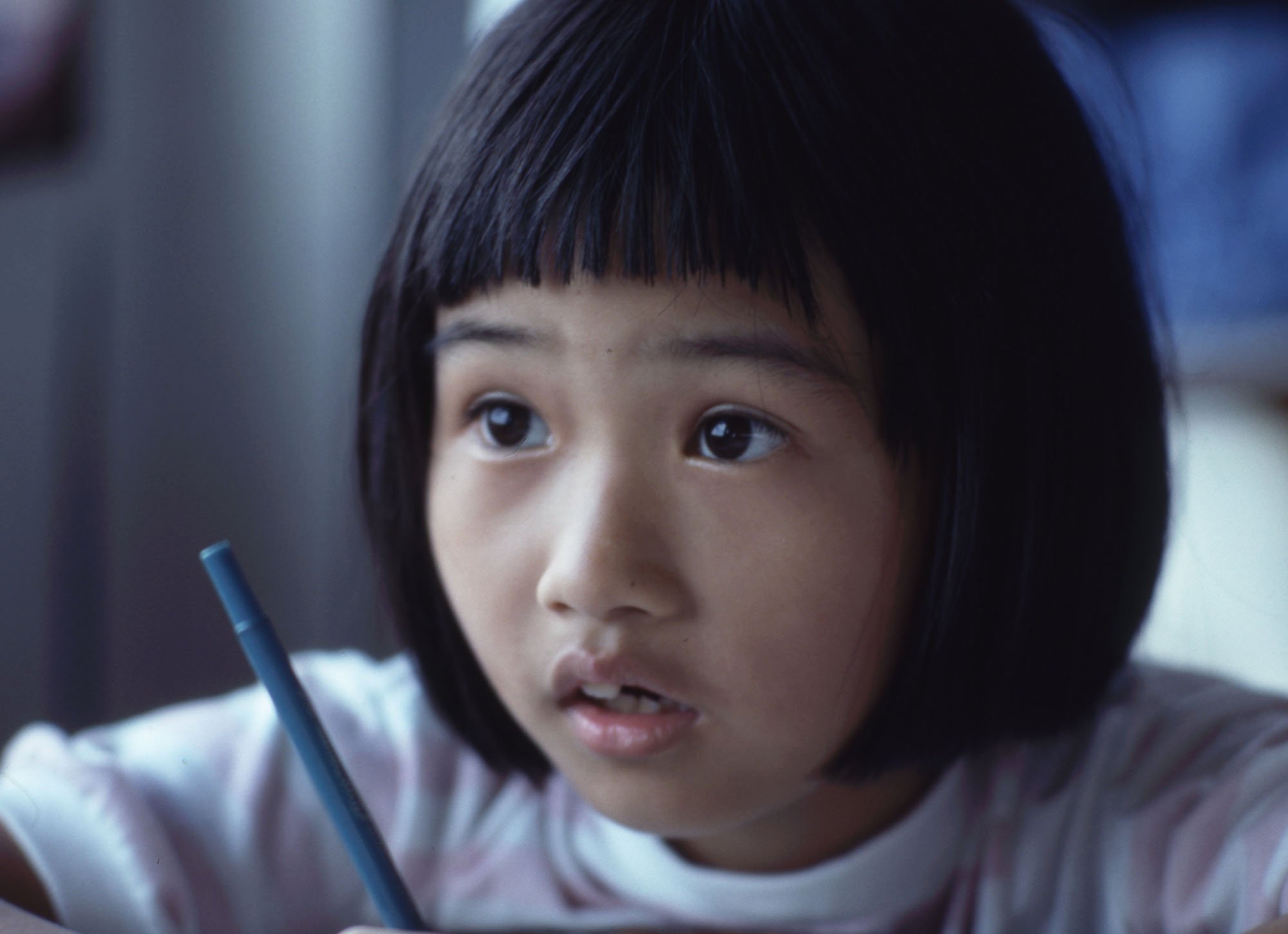
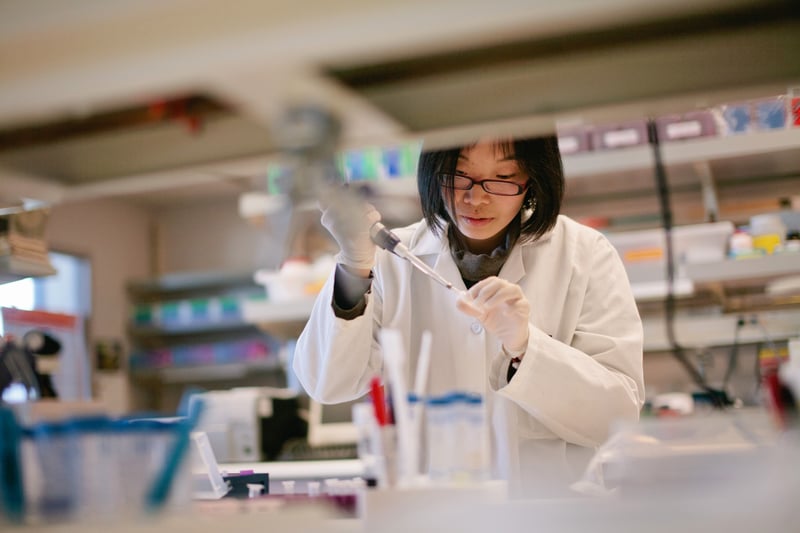
UNESCO’s groundbreaking report Cracking the code: Girls’ and women’s education in STEM, highlighted that only 35% of STEM students in higher education globally are women, and within STEM disciplines only 3% of female students in higher education choose information and communication technologies (ICT) studies. This gender disparity is alarming, especially as STEM careers are the ‘jobs of the future’, driving innovation, social wellbeing, inclusive growth and sustainable development. UNESCO is giving special attention to this through promoting the empowerment of women and girls through education and as a response to its Member States’ decision on UNESCO’s role in encouraging girls and women to be leaders in STEM, including arts and design. The Race Disparity Audit’s world-first website detailing UK education and employment data, as well as many other key areas, broken down by ethnicity and gender, highlights the disparities women and minorities face.
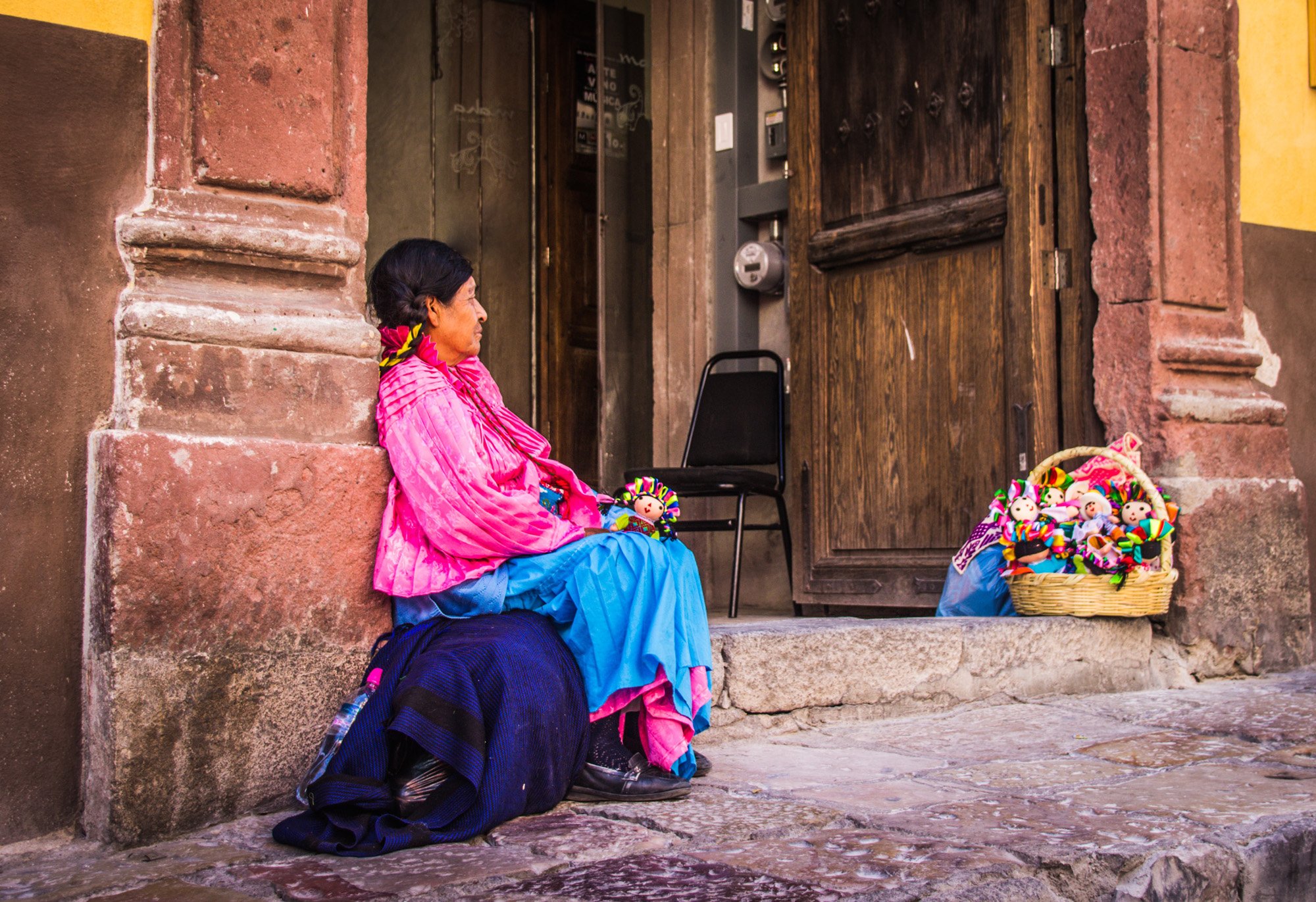
It is paramount that we all – men and women – work to tackle the participation, achievement, pay and career progression disparities women face, including their under-representation in science, technology, engineering and mathematics (STEM) education and thereafter STEM careers and beyond in media, politics and business. For the past 11 years, L’Oréal UK and UNESCO UK have celebrated early career women scientists through the For Women in Science awards. The fellowships are designed to provide flexible and practical financial support enabling winners to choose how to spend their fellowship award such as buying scientific equipment, paying for childcare or travel costs. The winners also receive crucial training, networking opportunities, and are encouraged to apply for L’Oreal Ambassador Fund – enabling fellows to participate in public engagement, promotion of science and outreach activities to support their research.[3] 2019 is the UNESCO International Year of Indigenous languages recognising the need to raise awareness of and need to preserve, revitalize and promote indigenous languages around the world.[4]
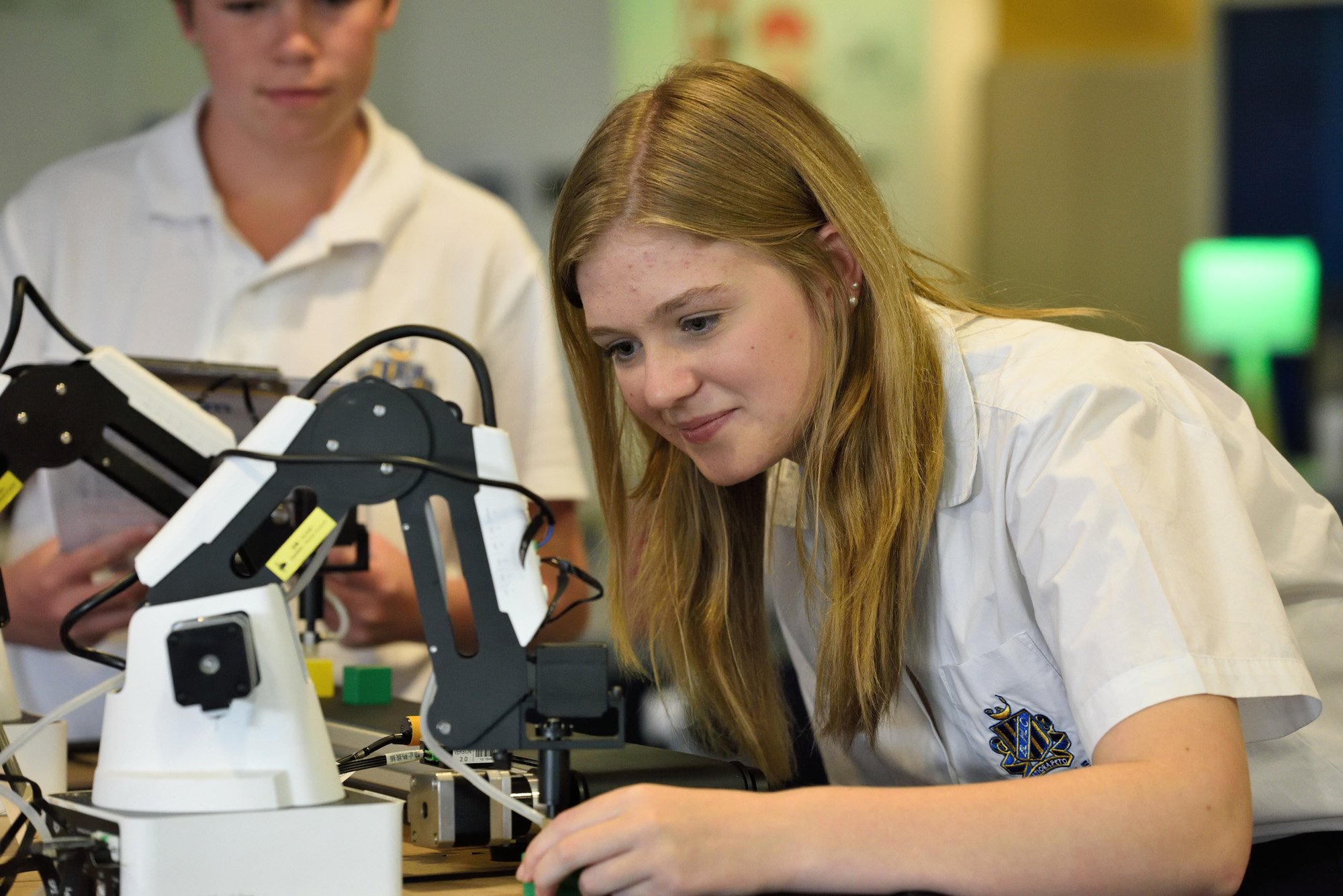
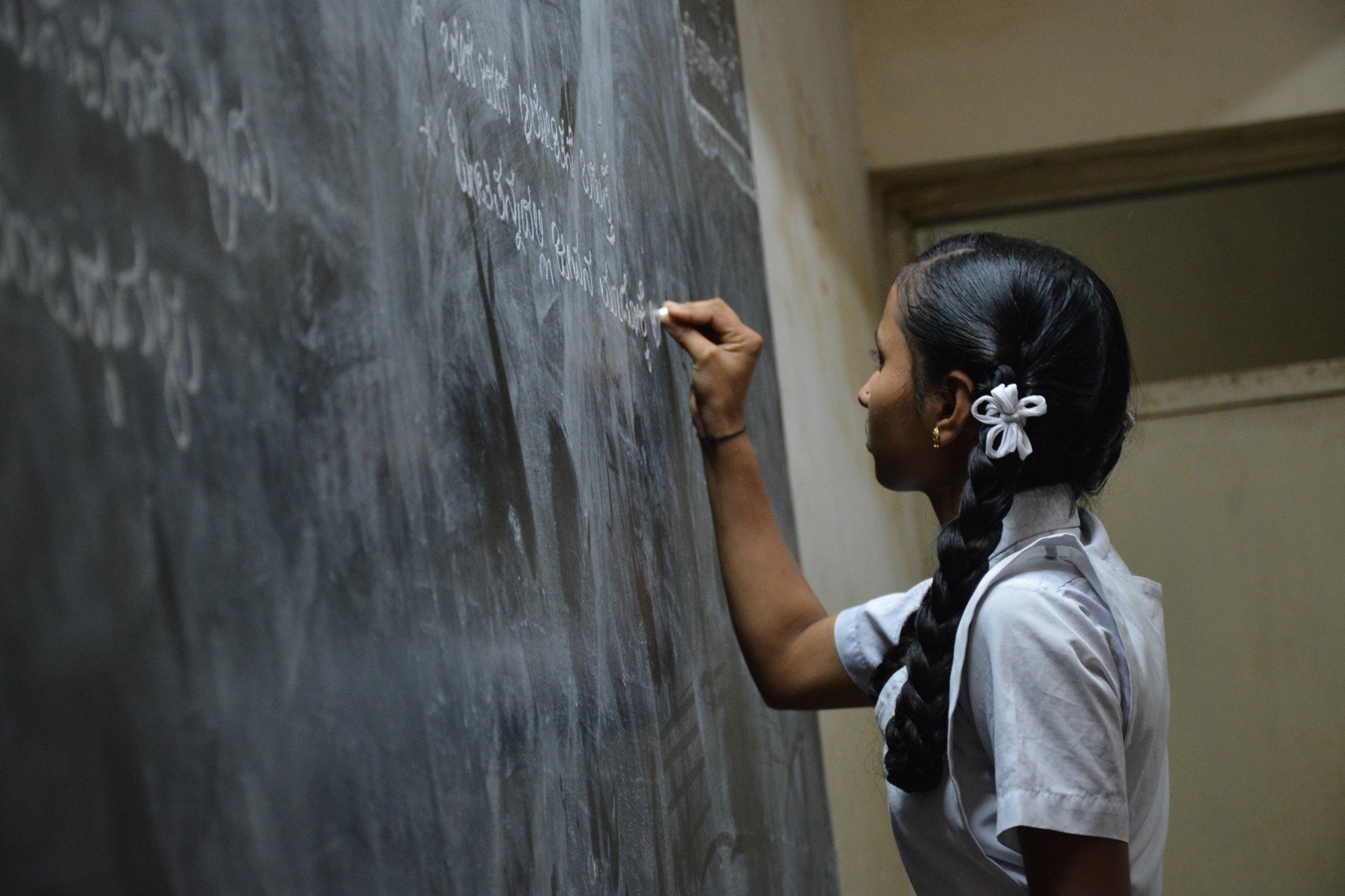
Ensuring languages are preserved and revitalised is as crucial as affirming that language is inclusive and able to invite open dialogue among groups – and that we avoid exclusion and alienation. We must also remember that men are a gender too and recognise the importance of engaging men in the dialogue and decisions to tackle gender challenges. We need inclusive and positive platforms to openly discuss challenges that empower both men and women. #3OD is a call to action to ensure open data with open dialogue leads to open democracy. It highlights that encouraging and inviting men to openly engage in dialogue to understand and tackle the disparities groups including women face is fundamental to overcoming them.
Let’s all – men and women – celebrate International Women’s Day!
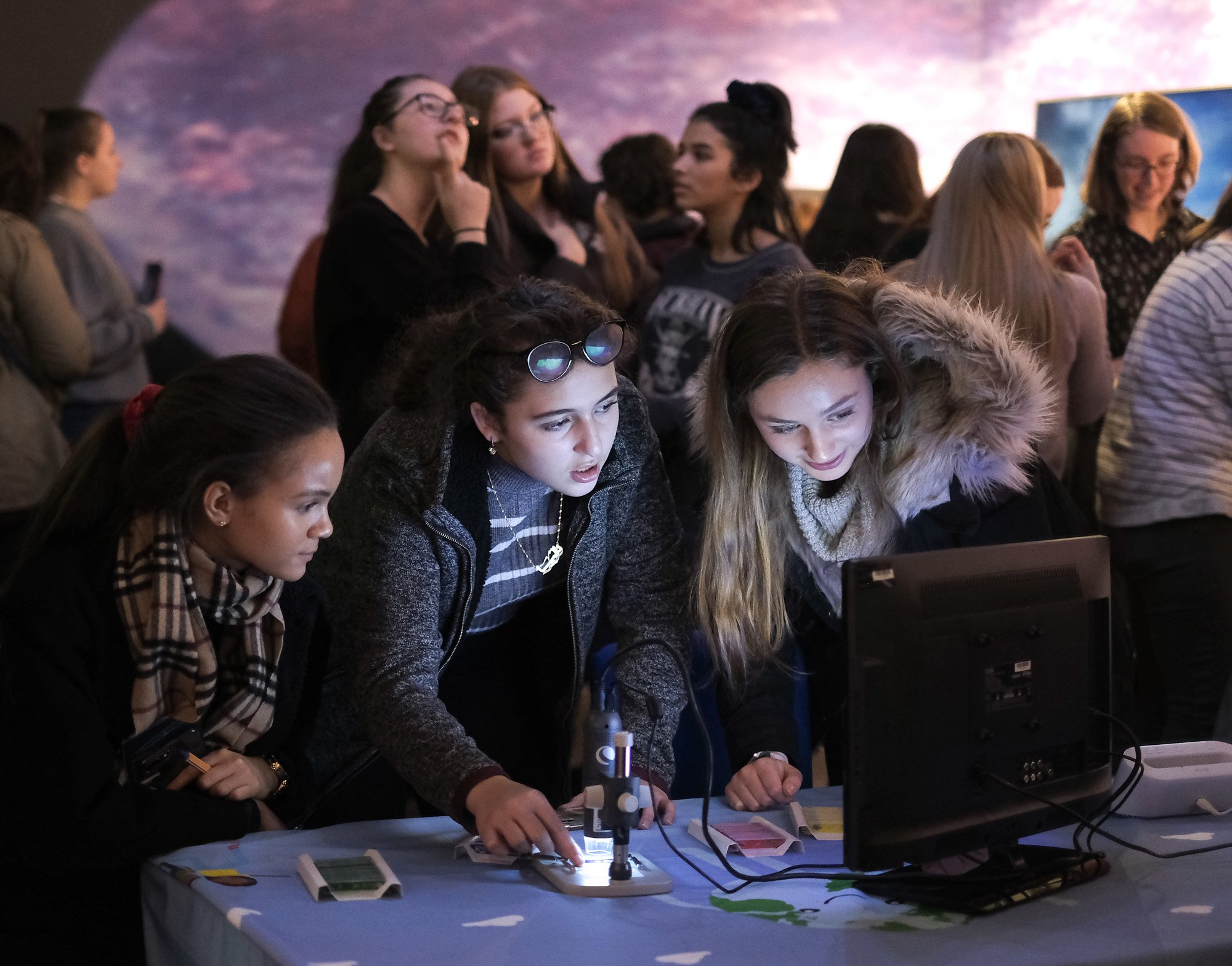
[1] https://www.undp.org/content/undp/en/home/sustainable-development-goals.html
[2] https://www.imf.org/en/News/Articles/2018/09/17/sp09172018-the-case-for-the-sustainable-development-goals
[3] https://www.loreal.co.uk/medias/news/loreal-uki-commitment-to-supporting-women-in-science-5932.htm
[4] https://en.unesco.org/news/unesco-launches-website-international-year-indigenous-languages-iyil2019
by UNESCO
Share this post

REGISTER
Become an expert reviewer for the Newton Prize
MARTIN LYLE – 12 MIN READ
The next Democratic Presidential Debate is December 19, 2019. Previous debates have devoted mere minutes to the topic of nuclear weapons. Here’s what the candidates have said about nuclear weapons.

REGISTER
Become an expert reviewer for the Newton Prize
MARTIN LYLE – 12 MIN READ
The next Democratic Presidential Debate is December 19, 2019. Previous debates have devoted mere minutes to the topic of nuclear weapons. Here’s what the candidates have said about nuclear weapons.






